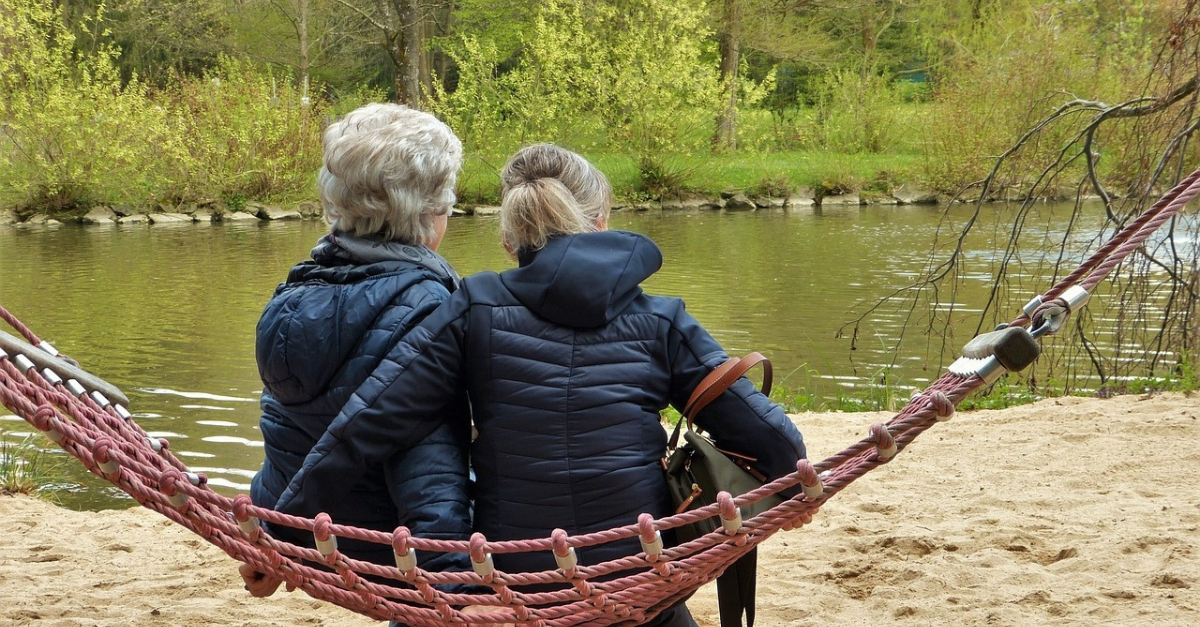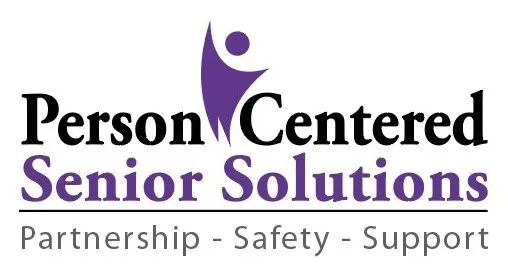Increasing Symptoms - Recognizing the Next Phase of Dementia
As dementia progresses, individuals often experience heightened challenges in communication, behavior, and daily activities. This escalation, commonly referred to as the moderate or middle stage of dementia, necessitates a more comprehensive and tailored approach to care.
Understanding the Moderate Stage of Dementia
In the moderate stage, individuals may exhibit:
-
Increased Memory Loss: Difficulty recalling personal history and recognizing familiar faces.
-
Communication Challenges: Struggles with finding the right words, following conversations, or expressing thoughts.
-
Behavioral Changes: Episodes of confusion, frustration, agitation, or unexpected behaviors like refusing care.
-
Daily Living Difficulties: Assistance is required for personal care tasks such as dressing, bathing, and grooming.
These symptoms can significantly impact the individual's quality of life and pose challenges for caregivers.

Strategies for Effective Care
To support your loved one during this phase, these are some ways we can help.
-
Enhance Communication Techniques
-
Simplify Conversations: Use short, clear sentences and speak slowly.
-
Non-Verbal Cues: Incorporate gestures, facial expressions, and visual aids to aid understanding.
-
Active Listening: Be patient, allowing ample time for responses, and validating their feelings.
-
-
Implement Behavior Management Plans
-
Identify Triggers: Observe and document situations that lead to challenging behaviors.
-
Develop Coping Strategies: Create personalized plans to address specific behaviors, focusing on prevention and de-escalation.
-
Consistent Routine: Establish daily schedules to provide structure and reduce anxiety.
-
-
Educate and Support Caregivers
-
Training Programs: Participate in workshops focused on dementia care techniques.
-
Support Networks: Join caregiver support groups to share experiences and gain insights.
-
Respite Care: Utilize respite services to prevent caregiver burnout and maintain well-being.
-
-
Engage in Meaningful Activities
-
Tailored Programs: Design activities that align with the individual's interests and abilities.
-
Cognitive Stimulation: Incorporate puzzles, music, or art to promote mental engagement.
-
Physical Exercise: Encourage regular, gentle physical activity to support overall health.
-
-
Apply Validation Techniques
-
Empathetic Communication: Acknowledge and validate the individual's feelings and experiences.
-
Redirect Focus: Gently steer conversations towards positive topics to alleviate distress.
-
Build Trust: Maintain a calm and reassuring presence to foster a sense of security.
-
By integrating these strategies, we can create a supportive environment that addresses the evolving needs of their loved ones during the moderate stage of dementia. Continuous education and adaptability are key to navigating this journey effectively. Reach out to learn more.
